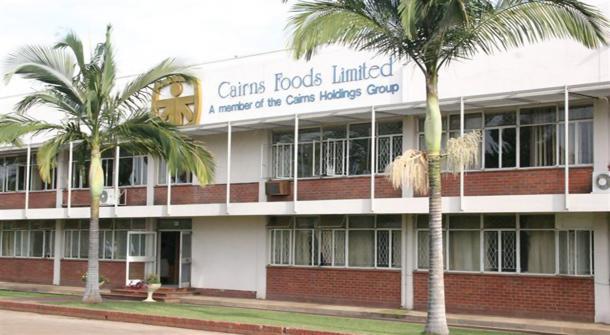Editorial Comment: President sets tone, hits the ground running

 President Mugabe is now officially the chairman of sadc for the next 12 months. It is not an exaggeration to say he has hit the ground running, thanks to the convergence of interests between Zimbabwe’s economic recovery blueprint, Zim-Asset, and the theme of the 34th sadc summit at which he assumed the chairmanship of the regional bloc.
President Mugabe is now officially the chairman of sadc for the next 12 months. It is not an exaggeration to say he has hit the ground running, thanks to the convergence of interests between Zimbabwe’s economic recovery blueprint, Zim-Asset, and the theme of the 34th sadc summit at which he assumed the chairmanship of the regional bloc.
The president underlined this in his closing remarks at the venue of the summit in Victoria Falls yesterday. He stressed the need to fulfil the ideals of sadc, namely greater economic integration, improved interstate and regional trade, poverty eradication and a better future for peoples of the region.
He vowed to champion the interests of the region at different fora during his term, and to ensure that sadc’s voice was heard.
President Mugabe restated his commitment to execute his mandate as the new chairman, noting that implementation of agreed programmes was key. He stated that issues of beneficiation and value addition to the primary products of the region were an integral part of development.
This, he said, was in line with the proposed review of the Regional Indicative Strategic Development Plan with its strong emphasis on industrialisation.
The President correctly noted the correlation between industrialisation and market liberalisation, noting that there was need to strike a proper balance. He said rushing to liberalise might find the region with a huge market but with nothing to sell.
It goes without saying that Zimbabwe is one of the countries which find themselves in a dilemma in this regard. Fourteen years of economic challenges exacerbated by illegal economic sanctions imposed on the country by the west have crippled industry. Many companies have shut down while those still in operation are managing to just get by, with productivity estimated at less than 40 percent.
To fill the gap, Government has allowed foreign companies and individuals to import a variety of goods to meet people’s requirements. The result has been a decimation of many industries, particularly the textile sector. Use of the US dollar as the main currency of trade has also made Zimbabwe’s products uncompetitive in the region and beyond. This has resulted in thousands of our people losing jobs.
This makes it imperative that local industries are allowed to re-equip and retool to be able to produce and process goods which are competitive on the regional and international markets. It is therefore no coincidence that both Zim-Asset and the sadc theme underline the need for value addition and beneficiation of the region’s natural resources.
President Mugabe’s closing remarks also touched on the need to reduce “preponderant dependency” by the region on funding assistance from international development partners. As he pointed out in his acceptance speech on assuming the chair of sadc on Sunday, too much dependency on foreign funding compromised the region’s ownership of development projects.
He deplored the fact that about 60 percent of development projects in the region are financed by foreigners. In this regard, he said, it was vital for sadc to narrow down the list of projects to be undertaken at a time. This would enable value addition and beneficiation to generate enough resources to fund priority programmes, including fighting poverty, infrastructure development and provision of better educational and health facilities.
There was consensus at the Summit that exporting unprocessed minerals and agricultural products cost the continent dearly in wasted value and potential jobs at a time unemployment was fast rising with the risk of causing political instability.
Thus the least that can be said is that President Mugabe has his task cut for him in his new role as sadc chair. It is a challenge to further cement his legacy by setting the agenda for integrated economic development and closer political cooperation for the common good. sadc as a whole has endorsed the President’s leadership. What is left is to strengthen cooperation as the region fights for its space and the quest to get its peoples from the quagmire of poverty, disease and underdevelopment.







Comments